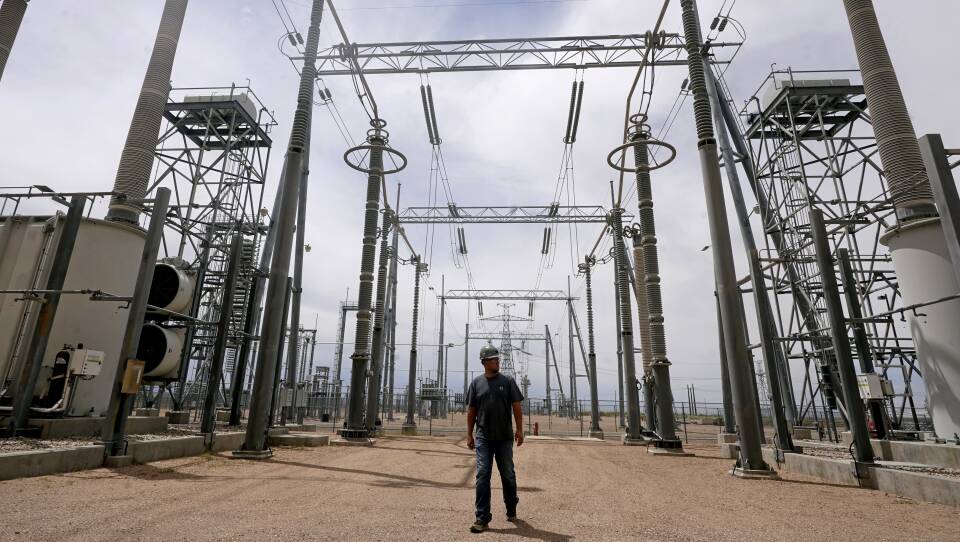The Bipartisan Infrastructure Act is funneling money into energy alternatives to wean the United States off greenhouse gas-emitting fossil fuels.
Beyond solar and wind energy, billions of dollars are also going into hydrogen fuel. The act will invest $7 billion into seven hydrogen “hubs” around the country to create networks of hydrogen fuel producers, consumers and infrastructure to scale up what experts like MIT’s Robert Stoner calls a “new hydrogen economy.”
“[The hubs are] trying to create investment. … and at the same time, they're trying to create demand for hydrogen so that will be the basis for buying and consuming hydrogen within a range of industries,” Stoner told Boston Public Radio on Wednesday. Stoner is founding director of the MIT Tata Center for Technology and Design within the MIT Energy Initiative.
When hydrogen burns, it creates heat and — unlike gas or coal — it only emits water.
The problem is that producing hydrogen is carbon-intensive.
It can be made by splitting water molecules (H2O) through an energy-intensive process called electrolysis. This is known as green hydrogen.
Or it can be created by splitting methane molecules found in natural gas. This creates a byproduct of carbon dioxide. When this CO2 is sequestered underground to make the process carbon neutral, it’s known as “blue hydrogen.”
However, one 2021 study from Cornell found that blue hydrogen has a larger greenhouse gas footprint than burning coal, gas or diesel for heating, so critics say focusing on hydrogen fuel could counter climate emissions goals.
Even with these drawbacks, Stoner said the benefit of hydrogen is that it is super energy dense and can be a substitute in industries that currently depend on fossil fuels. Hydrogen has nearly three times the energy content of gasoline, according to the U.S. Department of Energy.
“We're going to use hydrogen as a substitute for natural gas. In order for that to happen, we have to get the cost way down,” Stoner said.
The U.S. government has a goal to get hydrogen to $1 per kilogram within a decade. That would make hydrogen prices competitive with natural gas in many markets, Stoner said. In the meantime, he said the U.S. must look for new ways to use hydrogen fuel.
“And that's what these hubs are really about, finding those new applications and getting the hydrogen to them,” he said.





